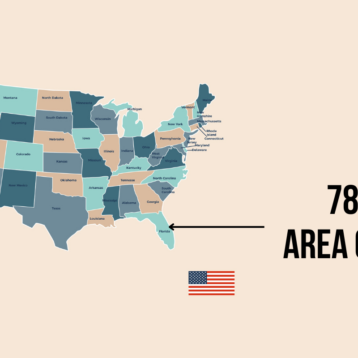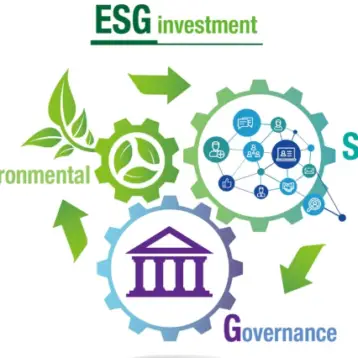
Hosting a vacation rental property is much more than just providing a place for guests to stay. It’s about creating memorable experiences that encourage guests to return and recommend your property to others. Being a successful host requires a blend of hospitality, management, and marketing skills. In this article, we’ll explore the essential skills every vacation rental owner needs to master to excel in the competitive short-term rental market.
Understanding the Guest Experience
One of the most critical aspects of hosting is understanding and anticipating your guests’ needs. From the moment they book until after they leave, every interaction shapes their experience.
Communication
Effective communication is key to a smooth and enjoyable stay for your guests. Responding promptly to inquiries, providing clear instructions for check-in and check-out, and being available to answer questions during their stay can significantly enhance their experience. Make sure to personalize your communication to make guests feel valued and welcomed.
Attention to Detail
Little details can make a big difference. Providing a welcome basket with local treats, stocking the kitchen with basic supplies, and ensuring the property is spotless can leave a lasting impression. Thoughtful touches like these show guests that you care about their comfort and satisfaction.
Property Management
Managing a vacation rental property involves a range of tasks, from maintenance to financial planning. Using vacation rental software can streamline these processes, helping you keep track of bookings, manage finances, and maintain your property efficiently.
Maintenance and Cleanliness
A well-maintained and clean property is crucial for guest satisfaction. Regular inspections and maintenance can prevent small issues from becoming major problems. Hiring a reliable cleaning service ensures that your property is always guest-ready, reflecting positively on your reviews.
Financial Planning
Successful hosts have a good grasp of their finances. This includes understanding the costs of running the property, setting competitive pricing, and managing taxes and insurance. Keeping detailed records and regularly reviewing your financial performance can help you make informed decisions and maximize your profits.
Marketing and Branding
In a crowded market, effective marketing and a strong brand can set your property apart.
Creating an Attractive Listing
Your listing is often the first impression potential guests will have of your property. Invest time in writing a compelling description that highlights the unique features and amenities of your property. Use high-quality photos to showcase the space, and consider adding a virtual tour for an immersive experience.
Leveraging Social Media
Social media is a powerful tool for promoting your vacation rental. Share photos, guest testimonials, and local highlights on platforms like Instagram and Facebook. Engaging content can attract more followers and potential guests. Encourage satisfied guests to share their experiences and tag your property in their posts.
Hospitality
Hospitality goes beyond providing a place to stay; it’s about making guests feel at home.
Personal Touches
Adding personal touches can make your property feel welcoming and unique. Consider including a guidebook with your favorite local spots, providing games and books for entertainment, or offering special amenities like a hot tub or outdoor fire pit.
Flexibility
Flexibility can go a long way in accommodating guests’ needs. Offering flexible check-in and check-out times, or being understanding of special requests, can create a positive experience. This flexibility can lead to better reviews and repeat bookings.
Building Relationships
Building relationships with your guests can turn one-time visitors into loyal customers.
Collecting Feedback
Encourage guests to provide feedback on their stay. Constructive feedback can help you improve your property and service. Positive reviews boost your property’s reputation and attractiveness. Responding to reviews, whether positive or negative, shows that you value your guests’ opinions and are committed to providing excellent service.
Networking with Local Businesses
Forming partnerships with local businesses can enhance your guests’ experience and benefit your property. For example, offering discounts at nearby restaurants or attractions can add value to their stay. These partnerships can also provide mutual promotion opportunities, increasing your property’s visibility.
Adapting to Trends
The vacation rental market is constantly evolving, and staying up-to-date with trends can keep your property competitive.
Embracing Technology
Integrating smart home technology can make your property more appealing. Smart locks, thermostats, and lighting can enhance convenience and security. Offering high-speed internet and streaming services caters to modern travelers’ needs.
Sustainable Practices
Many travelers today are environmentally conscious. Implementing sustainable practices like using eco-friendly cleaning products, providing recycling bins, and reducing energy consumption can attract these guests. Highlighting your property’s green initiatives in your listing can be a unique selling point.
Conclusion
Mastering the art of hosting requires a combination of skills, from effective communication and attention to detail to strategic marketing and financial planning. By focusing on guest satisfaction, maintaining a well-managed property, and staying adaptable to market trends, you can create memorable experiences that keep guests coming back. Investing in your hosting skills not only enhances your guests’ experiences but also drives the long-term success of your vacation rental business.










